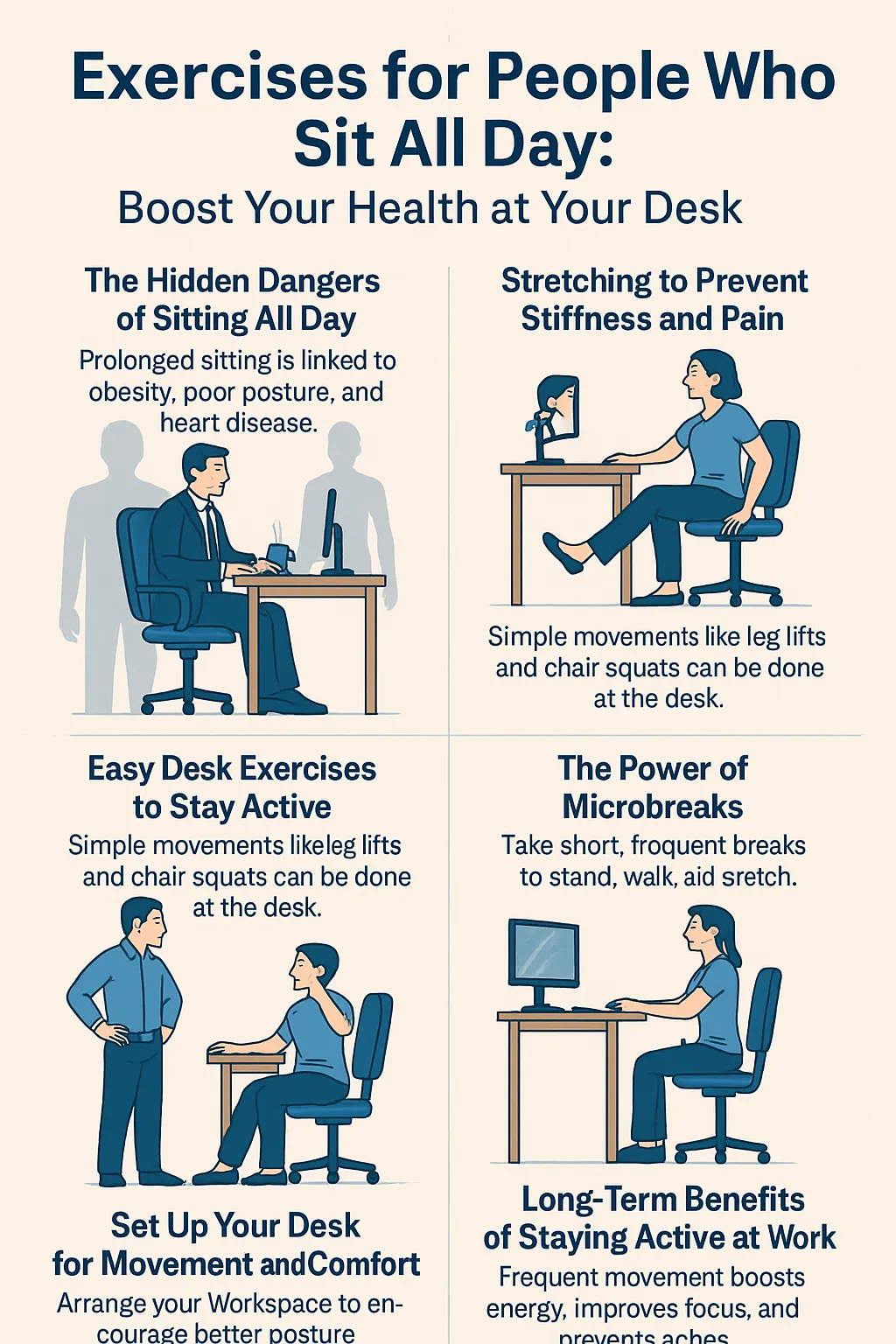
Dietary supplements are products designed to enhance your diet by providing nutrients that may be missing or insufficient in your daily meals. These include vitamins, minerals, amino acids, enzymes, herbs, and other botanicals. The supplement industry has exploded in recent years, with millions of Americans turning to pills, powders, and gummies to support everything from heart health to immune function.
But are these health boosters truly effective? The U.S. Food and Drug Administration (FDA) does not regulate supplements as strictly as medications, which means they don’t undergo the same rigorous testing. This raises questions about their efficacy, safety, and necessity.
Several supplements have been studied extensively in clinical trials. Here’s a breakdown of what science currently supports:
Scientific consensus generally supports supplement use when deficiencies are diagnosed but warns against overuse without medical guidance.
If you’re eating a varied and balanced diet rich in fruits, vegetables, whole grains, lean proteins, and healthy fats, you’re likely getting all the nutrients your body needs. Whole foods contain a synergistic mix of vitamins, minerals, fiber, and antioxidants that supplements can’t replicate.
Moreover, the body often absorbs nutrients more effectively from food than from pills. For example, calcium from leafy greens is better absorbed than calcium carbonate supplements. Over-reliance on synthetic supplements can also mask underlying health issues or poor eating habits.
Many people assume that if a little is good, more must be better — but that’s a dangerous myth. Over-supplementation can cause serious health problems:
Additionally, some supplements interact with medications, potentially reducing their effectiveness or causing harmful side effects. The FDA has issued warnings about contaminated or mislabeled supplements, especially those marketed for weight loss, bodybuilding, or sexual enhancement.
Always consult a healthcare provider before starting any new supplement, especially if you have chronic health conditions or take prescription medications.
Not all supplements are created equal. To ensure you’re getting a safe and effective product:
Trusted supplements should be transparent about sourcing, manufacturing, and quality testing.
Supplements can be beneficial when used correctly and under medical supervision. Here are some examples:
Rather than self-prescribing based on marketing claims, talk to a doctor or dietitian who can recommend lab testing and personalized supplementation plans.
Supplements can play a role in a healthy lifestyle — especially when dietary gaps exist — but they should never replace real food, physical activity, and medical care. The key is to approach supplementation with knowledge, caution, and support from qualified professionals.
Always prioritize whole foods, regular checkups, and evidence-based practices when making decisions about your health. Supplements may help, but only when used wisely and responsibly.